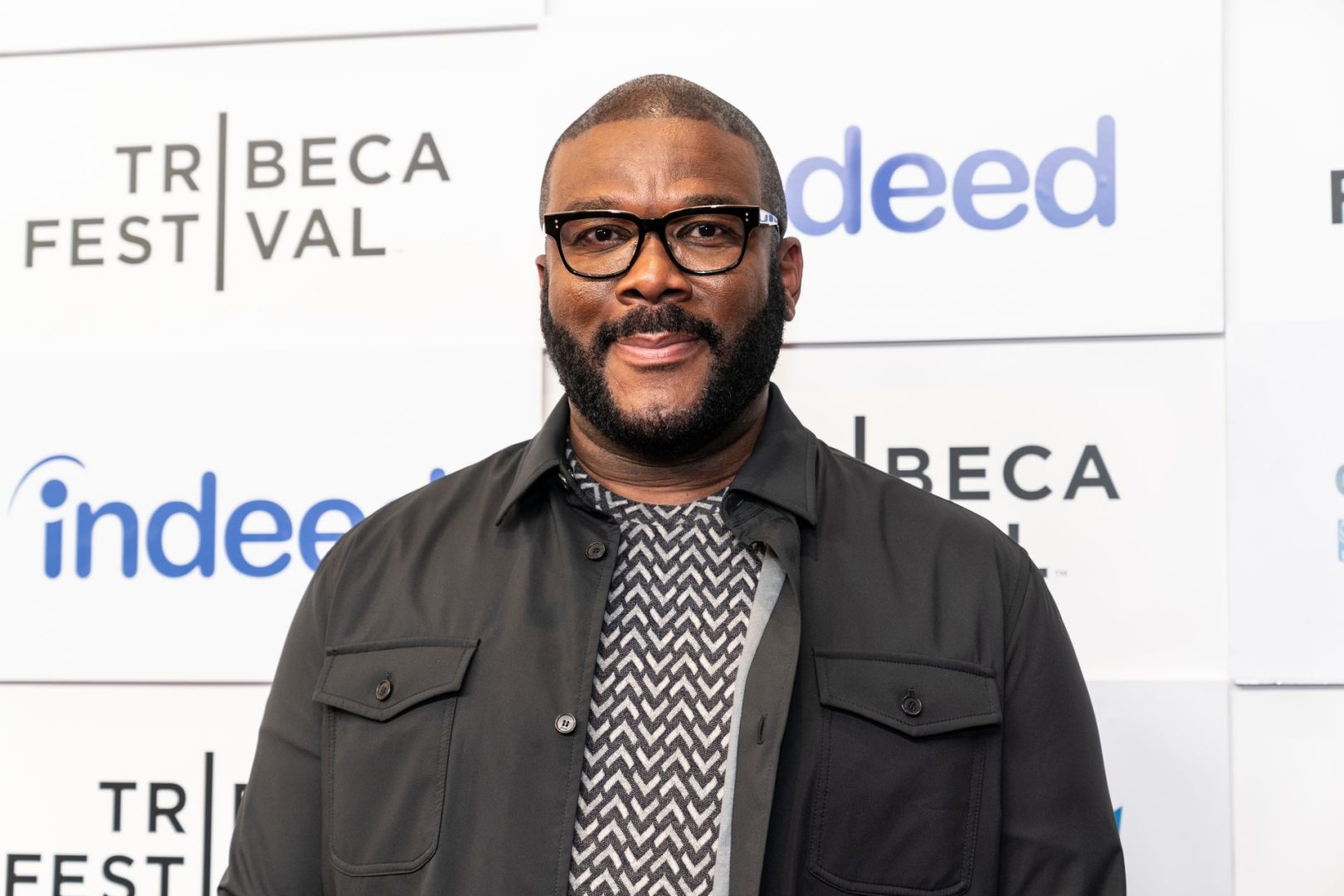Tyler Perry, the influential filmmaker and media mogul, demonstrates remarkable leadership through his unwavering commitment to workplace respect. His approach to managing film sets has become a benchmark for professional conduct in Hollywood, particularly highlighted through a recent incident that reshaped industry conversations about workplace dignity.
The ripple effect of respectful leadership
The incident unfolded on one of Perry’s film sets when tensions arose between an actress and a catering staff member over a meal order. The situation escalated to a point that challenged the set’s harmonious atmosphere, leading to swift action from Perry himself. His response transformed a potentially negative situation into a teachable moment about workplace values and human dignity.
Redefining success through empathy
Perry‘s management style extends beyond traditional Hollywood hierarchies. His decision to remove the disruptive actress and elevate a background crew member to a speaking role exemplifies his innovative approach to talent development and workplace culture. This action reinforces his philosophy that success and respect are intrinsically linked in professional environments.
The filmmaker’s emphasis on maintaining a positive work environment has become increasingly significant in an industry often criticized for its high-pressure atmosphere. By establishing clear boundaries and expectations for professional behavior, Perry creates a template for sustainable workplace relationships that benefit both the creative process and personal growth.
His leadership style demonstrates that maintaining high professional standards doesn’t require compromising human dignity. This balance has proven particularly effective in the entertainment industry, where creative excellence often depends on collaborative effort and mutual respect among team members.
Perry’s approach to workplace management extends beyond immediate conflict resolution to create lasting positive change. By addressing disrespectful behavior head-on and rewarding positive contributions, he establishes a framework for professional conduct that could influence industry standards well into the future.














